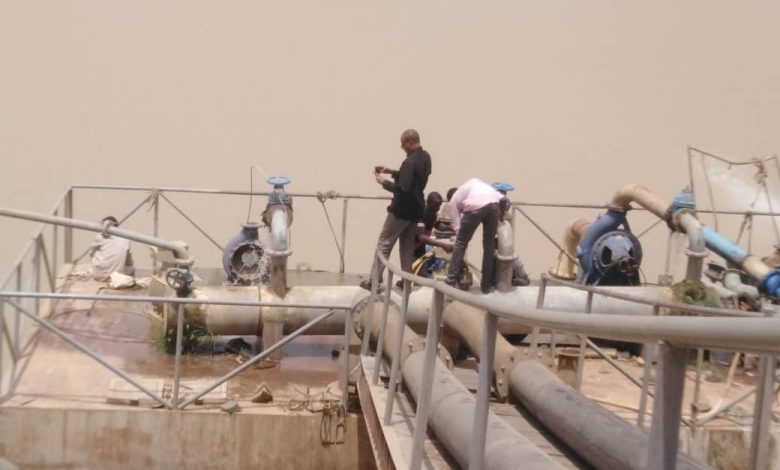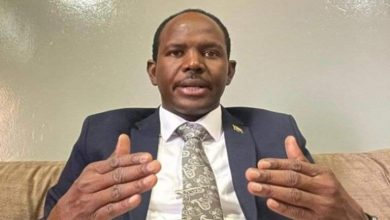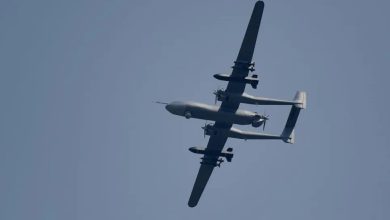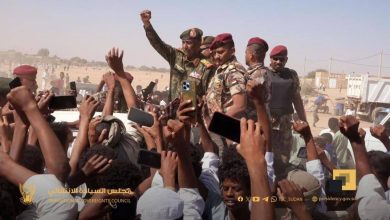Inventory of Khartoum Water Service

Sudan Events – Rehab Abdullah
The Director General of the Khartoum State Water Corporation (KSWC), Mohammad Ali Al-Ajab, has revealed in a report on the work during the war period from April 15 until now, that KSWC imported (1,760) barrels of poly ammonium chloride (PAC) for purifying and sterilizing drinking water, at a financial cost from the Federal Ministry of Finance, estimated at (550) thousand euros, in addition to purchasing and importing (35) chlorine cylinders weighing (1,700) kilograms, indicating the state government’s contribution to purchasing chlorine materials worth (8) million SDG, in addition to the contribution of UNICEF with (25) cylinders weighing (1700) kilograms and (32) cylinders weighing (65) kilograms.
He acknowledged that a number of Nile stations were exposed to malfunctions because they operate 24 hours a day, stressing that they are now in need of maintenance, revealing that the KSWC has refurbished a number of wells that have been shut for quite some time in the rural areas of the capital.
He explained that the Sharq El- Nil locality is the highest in the number of wells, with the total number reaching (577) wells, of which the operating wells are (507) while in Karari the total number reaches (185) wells, the working wells of which are (44) and the inoperative ones are about (126). As for the Imbada locality, (5) new motors were installed for wells in the area, in addition to extracting and putting in service a number of wells. As for the Bahri locality, it depends on the Bahri water station and there are a smaller number of wells, particularly in the outskirts that are working well at present time. In Jabal Awliya locality, a number of wells were affected by the power outage in the area for a long period, while the Omdurman locality depends on the Al-Manara water station through the Al-Qamayer water station, particularly the northern area of the locality, Beit Al-Mal station which is out of service, and the Al-Salha station, which covers the south of Omdurman. There are a few wells, particularly those with high productivity in west Abu Sieed and Albank Alaqari area.



